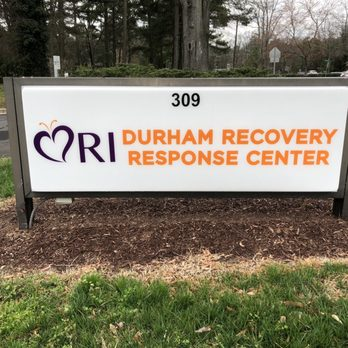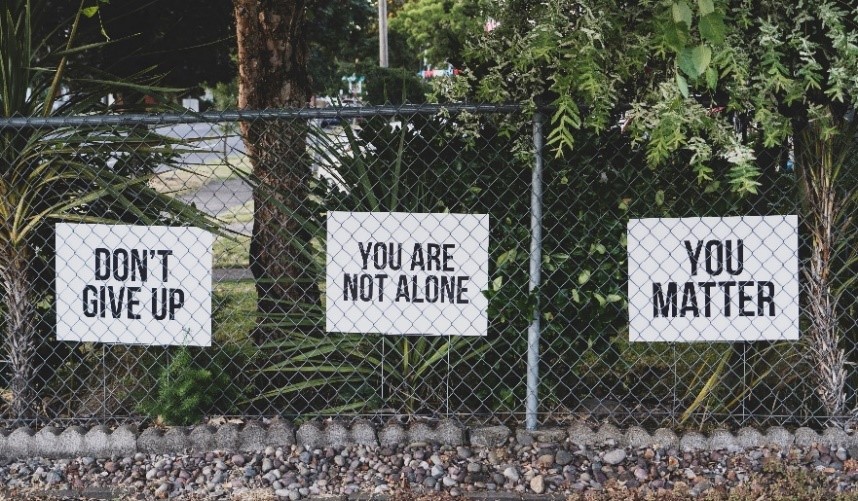CLC Peer Support Program

Program Goals
The CLC program aims to connect Durham County residents to treatment and support for substance use or addiction. Support includes harm reduction, housing, food and jobs. The goal is to reduce overdose hospital visits and deaths in Durham County. The program focuses on people who are at risk for an opioid overdose. However, CLC services are for anyone in Durham struggling with any type of substance use.
The CLC Data Highlights Fact Sheet showcases some of the CLC program's most important impacts and successes.
Peer Support
To contact a CLC Peer Support Specialist, call 919-695-3246 or 919-560-7305. Ask to speak with Durham Outpatient Peer Navigators.
Hours: Weekdays 7:00 AM - 5:00 PM and Saturdays 11:00 AM - 3:00 PM

Peer Support Specialists
Peer Support Specialists (PSS) are the heart of the CLC program. PSS are people living in recovery with substance use disorder or mental illness. They receive special training to give support to others. They help others by sharing their lived experiences. PSS build relationships with the people they help. They provide a number of services free of charge, including:
- Take home naloxone kits to reverse an overdose
- Connections to treatment and care, whenever you are ready
- Links to harm reduction, housing, food, and job resources
- Car rides and other transportation assistance so you can get to services
- Help in developing coping skills and avoiding triggers
- Help in developing a network of support from family, friends, and others
- Help preparing for recovery meetings
- Materials for creating a Wellness Recovery Action Plan (WRAP)
- Support, hope, and understanding
Meeting with Peer Support Specialists (PSS)
Our PSS are based at RI International’s Durham Recovery Response Center (DRRC). DRRC is a healing space located near Duke Regional Hospital. A PSS can meet with you at the DRRC, at the hospital, or other location. They can also provide support virtually or over the phone.
During the first meeting, a PSS will give you a free naloxone kit and a packet of information. The information lists places to get treatment, support, and other services. The packet also contains educational pamphlets on overdose and substance use disorder.
The PSS will ask you what your needs are. They are there to discuss options that make sense to you. They can help you understand different treatments, including medication-assisted treatment. They can set up appointments for treatment and other services. They can even set up a free Uber car ride to the DRRC to start treatment right away, if you wish.
After the first visit, the PSS will call and check-in with you later to see how you are doing. They will ask if you need any other help. They can also set up regular visits with you at the DRRC.

Reaching Participants
How does the CLC program reach people struggling with substance use? We focus on groups of people who have the highest risk for overdose. These groups include people who have already had an overdose and people with substance use disorder who are released from the Durham Detention Center. We reach these groups through four key partnerships:
Durham County Emergency Medical Service (EMS) Community Paramedics:
The EMS Community Paramedics receive reports of overdoses from EMS ambulance crews every day. They aim to visit and provide support to each person within 72 hours after they overdose. EMS staff can also start people on medication for opioid use disorder, set up continuing treatment appointments, and set up appointments with the CLC peer support specialists.
Duke Hospitals:
Both Duke University Hospital and Duke Regional Hospital refer patients with substance use disorder to the CLC program. Patients include people who come to the Emergency Department after an overdose and people who are staying at the hospital due to serious conditions related to their substance use. PSS can connect with patients over the phone and meet with them after they leave the hospital, or they can travel to the hospital and meet with patients in their hospital rooms.
Durham County Detention Center:
CLC peer support services are offered to people with substance use disorder who are released from the Durham County Detention Center. Staff at the detention center refer people to the CLC program. They set up appointments with the PSS so people can get support shortly after they are released.
DRRC Crisis Facility:
This facility provides support and assessments for individuals facing mental health and substance use crises. PSS are based at the DRRC, so they are easily able to meet with patients in the crisis facility, offer peer support, and connect patients to continuing substance use treatment at DRRC or elsewhere.
The CLC program also partners with several other groups in the community, including TROSA, StepUp Durham, and Carolina Outreach. You do not need to be referred by a program or medical provider to access CLC services. Any individual with substance use issues can call 919-695-3246 or 919-560-7305 and be connected to the PSS.
Education and Advocacy
The CLC program also includes the following activities:
- Publishing resource guides with information on local resources and services available to Durham residents struggling with substance use
- Sponsoring trainings and webinars on substance use disorder for public health staff, health care providers, and community members
- Partnering with Together for Resilient Youth (TRY) on overdose education and prevention outreach
- Increasing housing and job options for people with substance use disorder in Durham County


The CLC program was developed by the Durham Joins Together (DJT) to Save Lives Task Force and was initially funded with a grant from the North Carolina Department of Health and Human Services. The Durham County Department of Public Health now supports the program with funding from the National Opioid Settlements. The CLC program aligns with:
- The “Connect to Care” priority area within North Carolina state’s Opioid Action Plan
- The top health priorities identified in the 2023 Durham County Community Health Assessment
To contact a CLC Peer Support Specialist, call 919-695-3246 or 919-560-7305.
For Additional Information
If you have questions about the CLC program, you can call 919-695-3246 or 919-560-7305.


